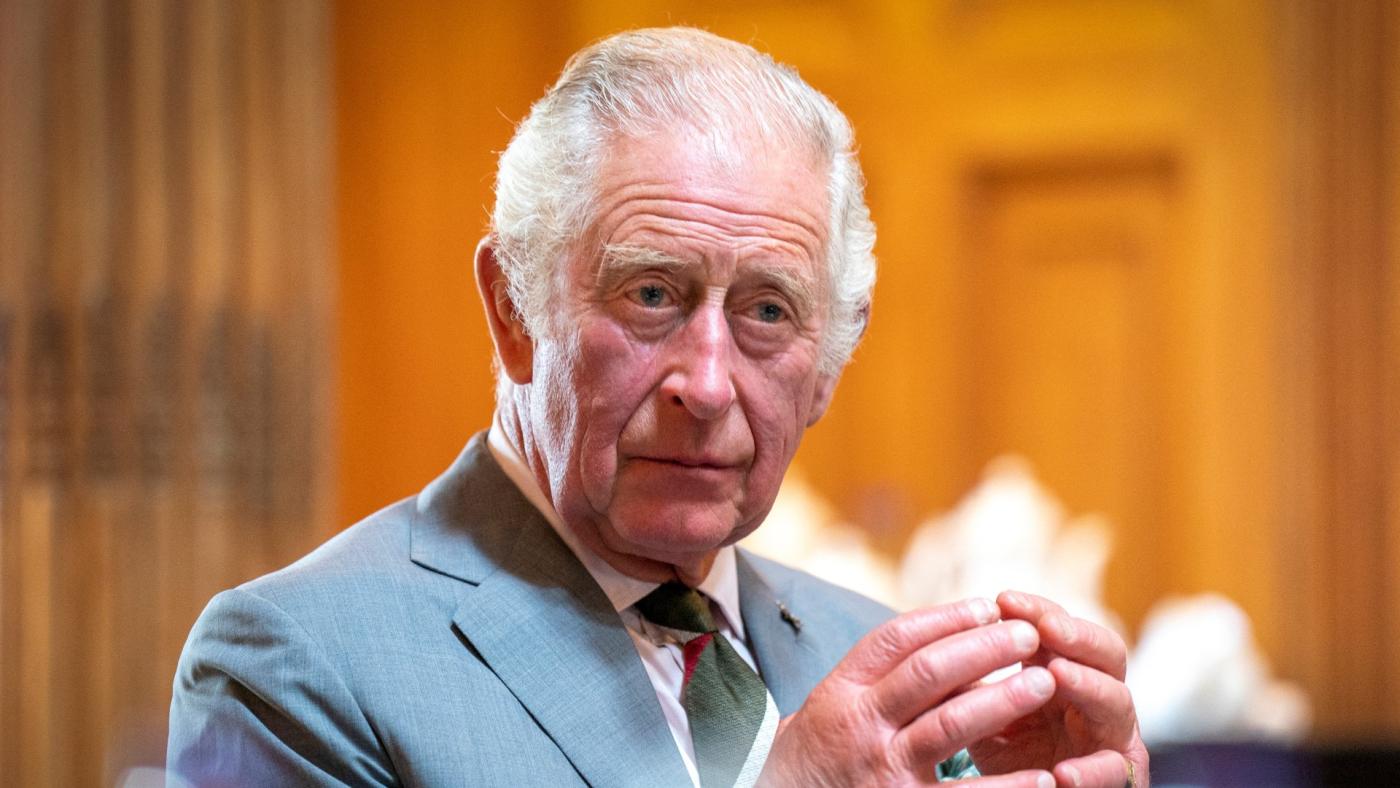February 9, 2014
A young man called Ishmael, with a wispy black beard and a slight blemish in one eye, is telling me why women should be covered up and kept apart.
“If I had two sweets – one wrapped and one unwrapped – and threw them in a bin, which one would you pick out and eat?” He grins, the amateur philosopher pleased with his analogy, and breaks off to shake the hand of a young man walking past the makeshift London Metropolitan University Islamic Society stall set up in the student canteen. Ishmael, who says he is a former head of the society (something the current president later denies), appears to know a lot of the students passing through. Women are man’s great temptation,” he turns back to face me. “They should be covered up.”
Spring term 2014 was supposed to bring an end to gender segregation at British universities. In December, the Prime Minister himself intervened over the issue, emphasising through a spokesman that he wanted it banned even where men and women voluntarily separate themselves (although not in places of worship). Mr Cameron – backed by the Education Secretary Michael Gove – made his comments after Universities UK (UUK), the body that represents vice-chancellors, published new guidelines endorsing segregation which, according to some student groups and human-rights organisations, were tantamount to “sexual apartheid”.
UUK’s controversial guidance, set out in a case study detailing how external speakers from “ultra-orthodox religious groups” could request that men and women sit separately, has now been withdrawn. It continues to work with senior legal counsel and the Equality and Human Rights Commission (EHRC) to clarify its position. The equality group Student Rights, which monitors preaching by extremists and discrimination through segregation at student events, says separated seating has become a widespread trend at many British universities.
Yet moderate Muslims find themselves at odds with this view of the relationship between the sexes. “That [position] isn’t something I recognise at all,” says Humayun Ansari, a professor of the history of Islam and culture at Royal Holloway, University of London, who specialises in researching the experience of Muslims in Britain. “What we’re talking about is various interpretations of Islam.”
Myriam Francois Cerrah, a journalist and DPhil student at Oxford University who regularly gives talks in front of mixed and intermingled audiences at Islamic societies up and down the country, says it is the London Islamic societies, in particular, that have become dominated by these ultra-traditional stances on the relationship between men and women.
The Telegraph: http://www.telegraph.co.uk/education/universityeducation/10625879/Islamic-preachers-the-pied-pipers-of-sexual-apartheid.html






